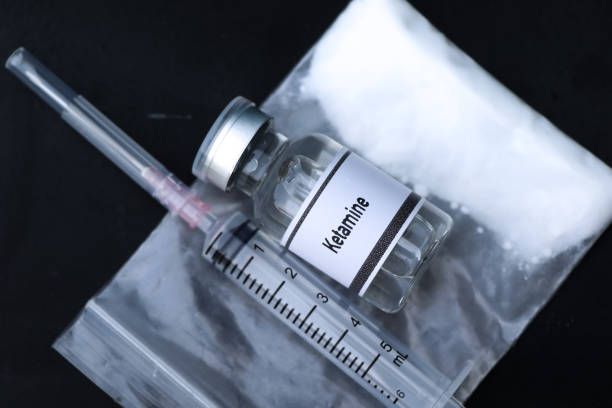According to the a survey conducted by the a prominent medical association, living in the United States in 2020 is a stressful experience, even for the most even-keeled among us. And the impending political contest ranks high on the list of factors keeping us up at night. A survey conducted by the American Psychological Association found that 56% of U.S. adults identify the 2020 presidential election as a significant stressor. That’s up from the 52% who reported the same in the weeks preceding the 2016 election.
Additionally, the Covid-19 pandemic means millions of Americans have a higher stake in the results of the election, thanks to unemployment, a shaky economy, and increased medical needs. Not to mention, many of us are spending more time at home reading and watching the news and trawling social media for updates than we did before pandemic-related restrictions.
“It’s very high-stakes for a lot of people,” says Asim Shah, M.D., professor and executive vice chair of the Menninger Department of Psychiatry at Baylor College of Medicine. “With so many people having lost their jobs and their source of insurance, and so many other issues that come along with the pandemic, everybody has something or other that raises the stakes.”
But if you find yourself getting worked up as the election approaches, mental health experts have several key actions you can take to ease anxiety and channel those feelings into something positive.
Watch your media diet
The 24-hour news cycle can take its toll on our mental health, especially as election coverage ramps up, explains Stephanie Smith, an Erie, Colo.-based clinical psychologist. “Politics have always been contentious, but in recent years it has gotten downright vicious,” she adds. “All of us have a certain amount of emotional resilience. A lot (or all) of our resilience can get eaten up by the barrage of coverage. No one’s mental health thrives in those conditions.”
She cites stepping away from it as the best way to manage election-related stress, not to mention the anxiety that arises around the rest of the news. That doesn’t mean giving up on staying informed entirely. If you find emotionally charged cable TV news especially stressful, for example, Shah suggests reading newspapers, news magazines, or trustworthy websites instead. He also emphasizes the importance of relying on legitimate news sources for updates, instead of speculation making the rounds on social media.
Jeff Temple, Ph.D., a licensed psychologist and director of the Center for Violence Prevention at the University of Texas Medical Branch, suggests giving yourself a time limit for how much news you’ll consume each day. You can do this by setting a timer and diving in for an hour or so at a time (although ideally, not right before bed) or starting and stopping for an hour throughout the day. He also suggests unfollowing or muting especially negative people or topics on social media, to keep your news diet less contentious.
While some degree of nervousness around election results is normal for any engaged citizen, it’s important to check in with yourself regularly to ensure your stress levels haven’t gotten out of control. Smith recommends keeping an eye on your eating and sleeping habits, since a disruption in either or both can mean you’re getting overly fixated. “Are you able to focus on other things, get your work done, and engage in non-political hobbies like you normally do?” she asks. “If any of those things are affected by the election, it’s probably time to take a break.”
Temple adds that stress about the election can come out in other ways, too. If election anxiety is impacting your relationships, job performance, or daily routine, it’s time to make a change. “If limiting your interaction with news and pursuing healthy alternatives do not do the trick, then seeing a psychologist or other mental health professional may help,” he says.
Seek professional help
While some degree of nervousness around election results is normal for any engaged citizen, it’s important to check in with yourself regularly to ensure your stress levels haven’t gotten out of control. Smith recommends keeping an eye on your eating and sleeping habits, since a disruption in either or both can mean you’re getting overly fixated. “Are you able to focus on other things, get your work done, and engage in non-political hobbies like you normally do?” she asks. “If any of those things are affected by the election, it’s probably time to take a break.”
Temple adds that stress about the election can come out in other ways, too. If election anxiety is impacting your relationships, job performance, or daily routine, it’s time to make a change. “If limiting your interaction with news and pursuing healthy alternatives do not do the trick, then seeing a psychologist or other mental health professional may help,” he says.




Leave A Comment